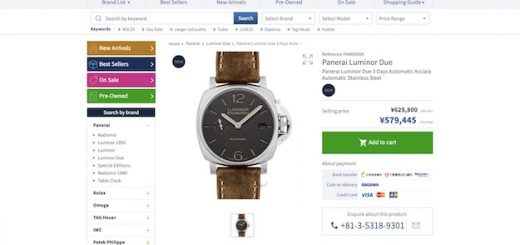There are tons of bloggers just starting out while others are already giving up because they perceive SEO as being too hard for them.
The truth is that SEO isn’t as complicated as most sites and SEO experts put it. In fact, it would be right to claim that the SEO gurus are just complicating it so that they limit you from succeeding in the same field.
That’s not what you want, right? Probably, you want to also succeed with your blogging career, drive more traffic to your site, and make more money.
Yes, that’s the wish of everyone. And here’s the promise; when done with this post, you should be able to know the 7 most important on-site SEO factors to improve.

1) Page Titles
Your page titles are the most important when you are serious about getting ranked on search engines like Google, Bing, Yahoo.
In your page titles, you should include your keywords to help the search engines rank your pages.
For example, if you are a freelance blogger, the keyword ‘freelance’ should appear on the titles of every page on your site.
2) Meta Descriptions
You have probably written your article, edited it, included attractive pictures to make it more appealing to your visitors, but before you touch the ‘publish’ button, please include your meta description.
For instance, if you were creating a page where you’ll offer some training or mentorship, you can include something like, “This freelance mini-course will help you set up your badass freelance business.”
3) Meta Tags
In case you didn’t know; meta tags are a set of keywords you include on your pages or posts to give them a boost of search engine ranking.
Sometimes, it may be difficult to remember to include meta tags on your pages or posts. No biggie. You can install plugins like All In One SEO Pack.
4) URL Structure
Having a URL that’s friendly is one ace in the hole. It makes it easier for better crawling to your site, which will ultimately improve your site visits either monthly or yearly.
Having a shorter and a less complicated URL will be an advantage because people always remember short URLs. In addition, you can also get the best web hosting 2019, which can improve your SEO efforts.
For example, a domain name like smartblogger.com will rank better than a site like searchengineoptimization.com.
5) Body Tags
The concentration span of humans is generally going down day by day and this should make you think of better strategies to keep your readers intact.
Therefore, you should break your points using subheadings so that your readers don’t stay on one point for long, because they will ultimately get bored.
A good way to do that is to use the H1, H2, H3 tags. If course H1 is normally for your headings, while H2 or H3 can be used for your subheadings.
6) Keyword Density
Have you ever heard someone warn you not to keyword stuff your content? Yes, you shouldn’t because search engines will ban you.
The best thing to do though is to use your keywords sparingly. That is, your content should have between 2 to 5 percent keywords of the total word count.
7) Internal Linking
Again, this is one of the on-site SEO factors most people forget and yes, humans can forget.
But what if you installed some of the best SEO plugins to help you remember such crucial factors? Imagine how fantastic it would be when a tool reminds you to insert an internal link just like your alarm will wake you up?
Bottom Line
In as much as on-site SEO is more critical than off-site SEO, you should consider both because when the two are combined, you can be assured of ranking well on search engines.




